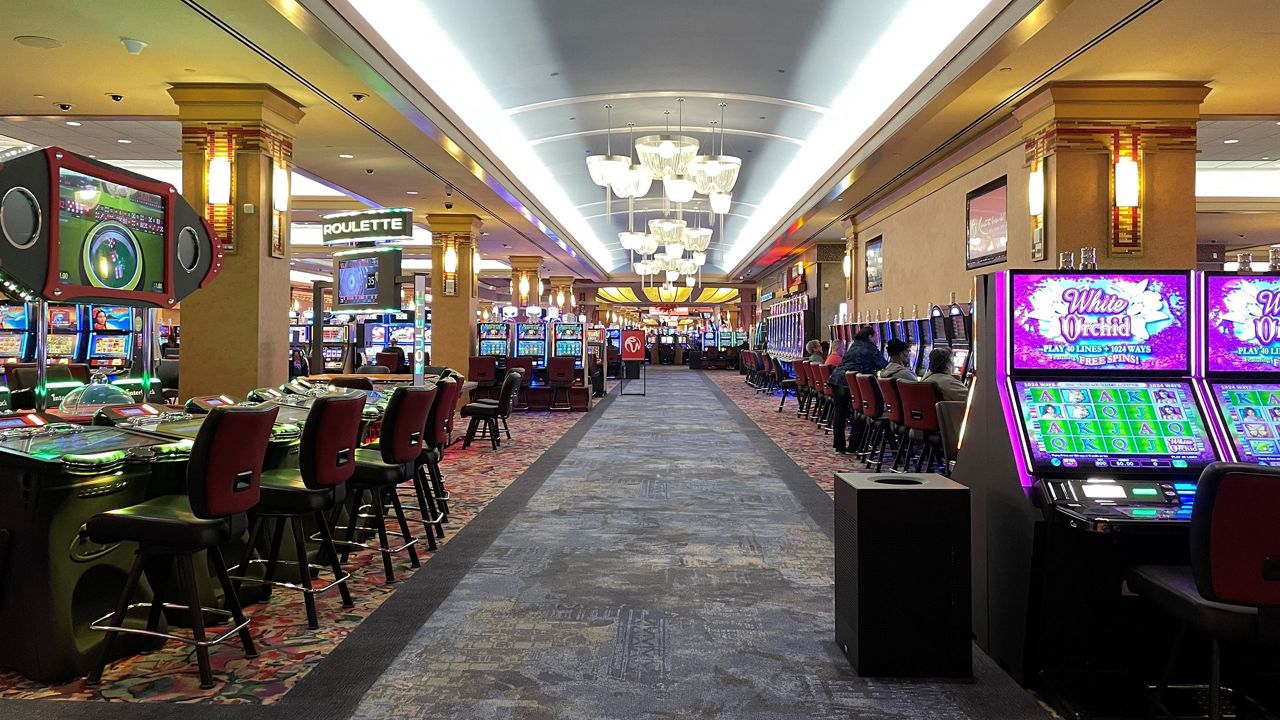Gambling has been an important part of human entertainment for millions of years, transforming through societies and periods to become the dynamic casino games we know today. From the ancient Chinese and Romans, who participated in various forms of betting and chance, to the modern gaming floors of contemporary casinos, the attraction of gamble and reward has fascinated individuals across the globe. The change from simple dice games and primitive betting setups to the opulent settings of modern casinos reflects major strides in both social norms and technological.
As societies evolved, so too did the complexity of gambling activities, with gambling activities emerging as a separate category of entertainment and excitement. These activities have transformed from casual gatherings centered around traditional tables to expansive, opulent establishments designed to entice players. Today, we delve into this captivating journey, analyzing how historical practices laid the groundwork for the varied and exciting casino games that bring joy to countless people worldwide.
spintax
Ancient Gambling Practices
Wagering has deep roots in human past, with indications of activities of chance originating from ancient societies. Archaeologists have found that as far back as 3000 BC, the people of China were using rudimentary forms of betting with dice made from wood. Similarly, ancient Mesopotamians engaged in gambling activities, often relying on the throwing of lots or dice to determine winners. These early forms of gambling served not only as recreation but also played vital roles in social and cultural customs.
The people of Egypt also were involved in gambling activities, with games that included betting on the outcomes of various events, including athletic events and spiritual festivals. Items such as dice and depictions of gamblers from ancient tombs show that gambling was a common pastime. It provided both entertainment and a means of engaging in social interaction, often linked to festive occasions or important gatherings. This behavior revealed the universal appeal of chance and rivalry throughout history.
In ancient Rome, betting became a commonplace practice among the populace, as evidenced by references in texts and the establishment of rules around certain activities. Romans enjoyed a variety of gambling activities, from wagering on horse races to playing games like modern-day board games. The legal framework surrounding these activities began to take shape, establishing the foundations for betting regulations that would grow in the centuries to come. The popularity of betting during this period set the stage for the development of gambling house games in the future.
The Evolution of Casino Games
Casino games have experienced significant transformations from their roots to the modern-day entertainment options. In ancient civilizations, gaming was commonly linked to ceremonial practices, with dice games found in the ancient Mesopotamian region and betting on the outcomes of events in old Rome. These primitive forms of gambling laid the basis for the structured games we see today. The transition from informal gambling to regulated games happened as societies began establishing rules and venues for wagering, showing cultural values and practices.
The medieval period saw the emergence of card games, which gained popularity among the nobility of Europe nobility. Games like the first and baccarat became staples in social gatherings. The invention of printing technology also enabled the spread of playing cards, making them more reachable to the general public. As gambling houses began to proliferate, these card games evolved into different forms that catered to wider audiences, eventually leading to the creation of casinos as specialized venues for gaming.

The twentieth century marked a significant point in the evolution of casino games, with the rise of commercial casinos in Las Vegas and other gaming hubs. This era saw the introduction of games like video slots and modern versions of table games, complete with high-quality graphics and intricate betting structures. The advent of online casinos in the late 1990s also changed the gaming industry, allowing players to access a great variety of casino games from the convenience of their homes. Today, gambling games go on to progress, blending classic elements with cutting-edge technology to create captivating experiences for players worldwide.
Modern Gambling Regulations
In these years, the landscape of gaming laws has developed considerably, particularly as technology and internet-based gaming have become increasingly prevalent. Governments around the planet have introduced various regulations and guidelines to make certain that gaming activities are carried out fairly, responsibly, and clearly. These regulations often encompass elements such as permits, marketing, player safeguards, and responsible gaming measures. Authorities aim to mitigate problems such as problem gambling and cheating while fostering a just gaming environment.
The growth of online gambling sites has necessitated a new approach to regulation. Many jurisdictions have established specific online gaming structures that cater to internet-based gambling, allowing operators to provide their offerings legally. These structures often require operators to get permits, adhere to strict safety standards, and offer assistance options to help players. By closely observing internet activities, regulators can more effectively protect consumers from potential harm and make sure that gambling is conducted in a secure manner.
Additionally, modern gaming laws are progressively centering around responsible gambling strategies. Many casinos and online sites now adopt features such as self-exclusion, financial limits, and breaks to help players manage their gambling habits. https://da88f.app/ Awareness campaigns aimed at raising awareness about the dangers of gaming are also common. As the industry continues to expand, the focus on responsible gambling remains a cornerstone of governing efforts, reflecting a commitment to promoting a secure and pleasant gaming experience for all players.
